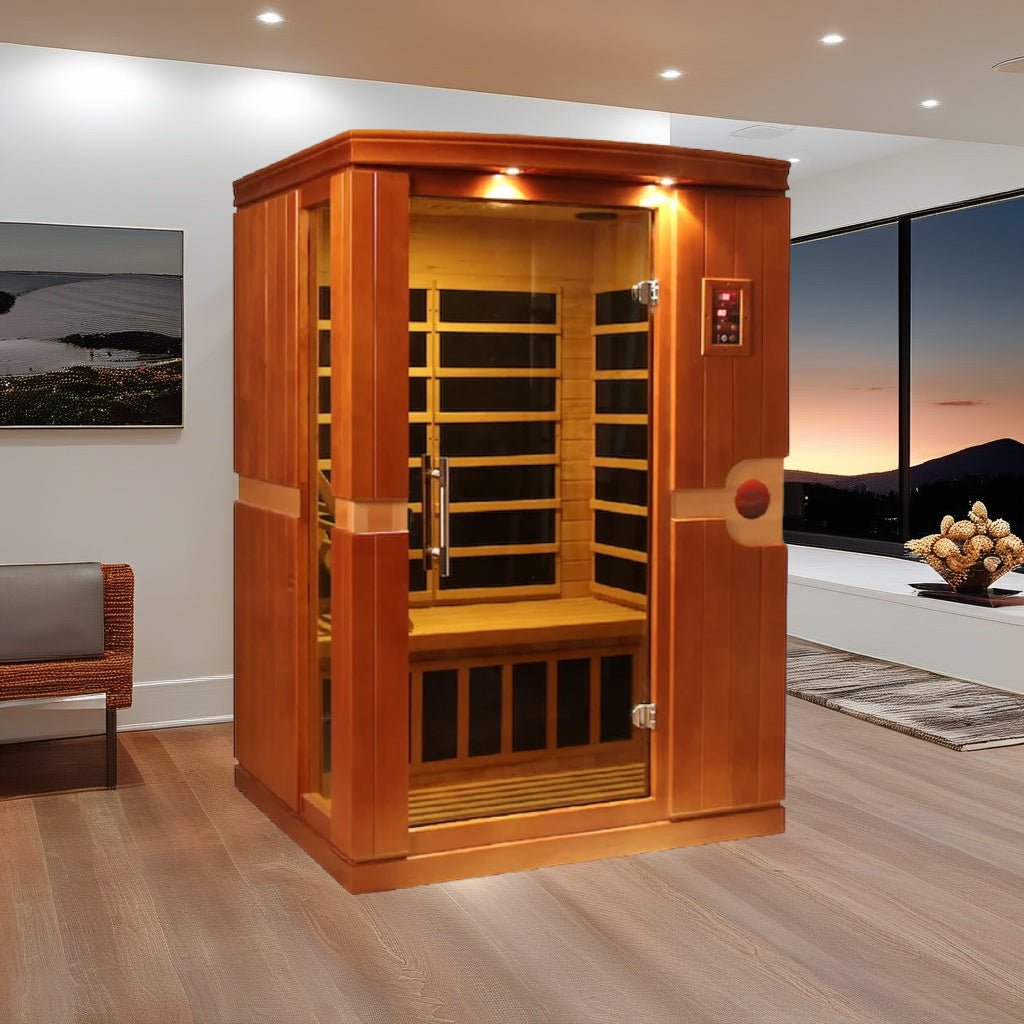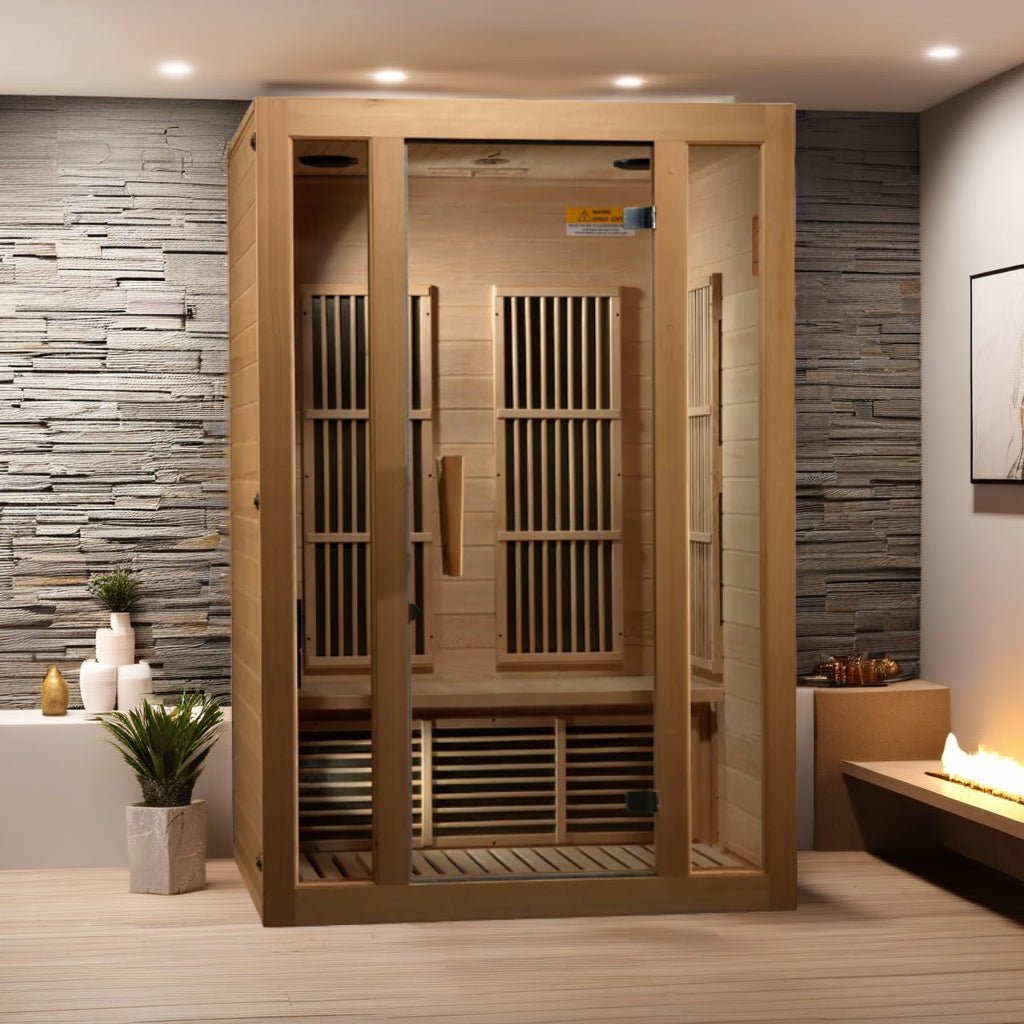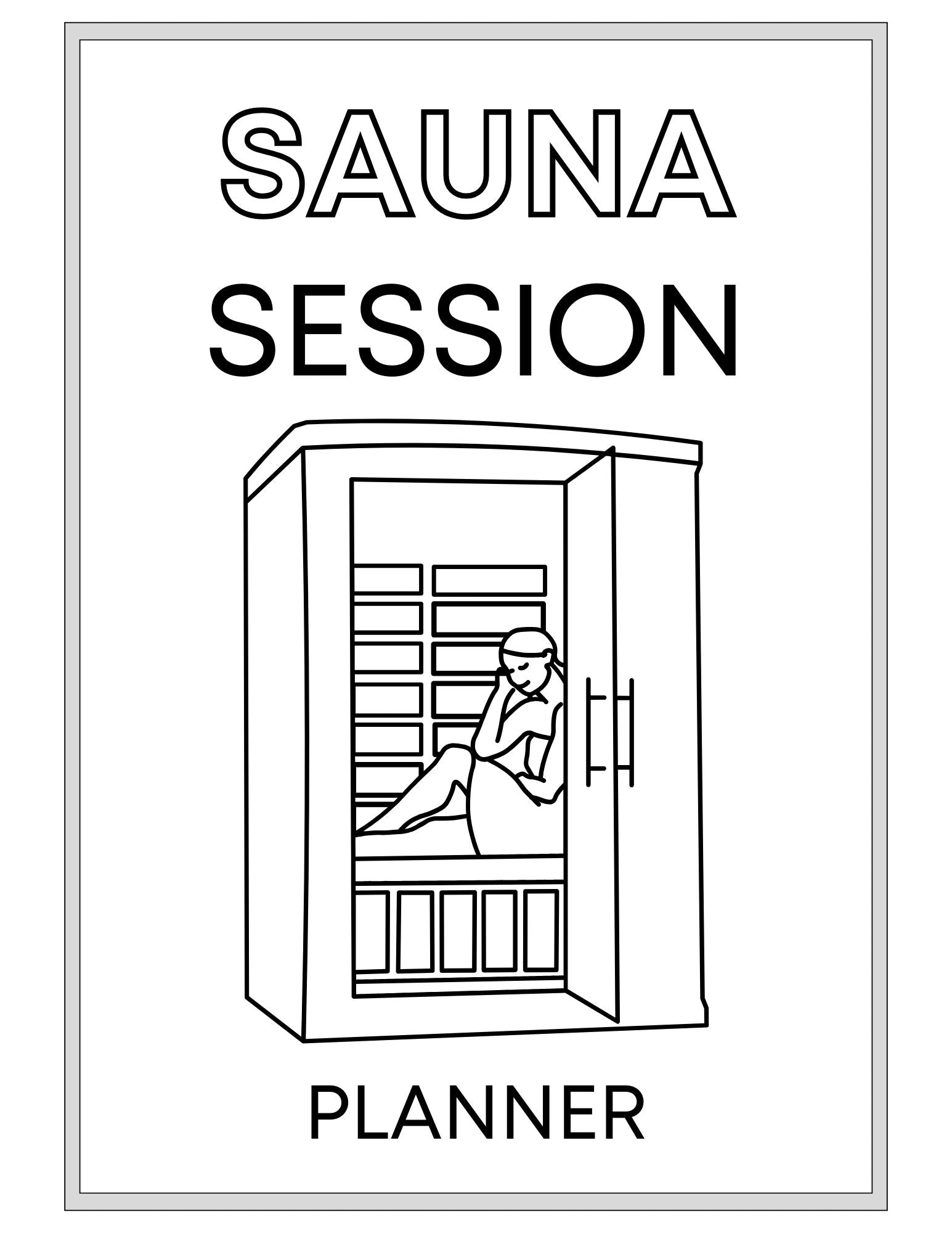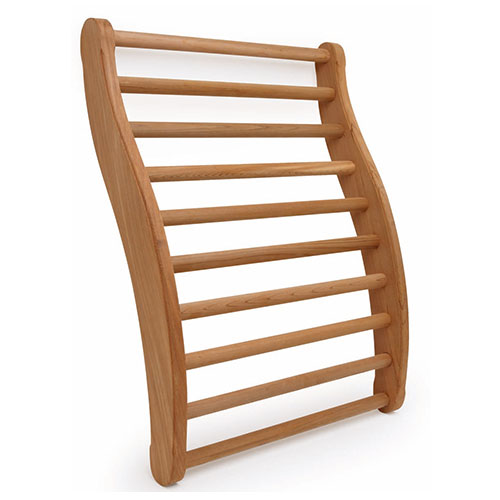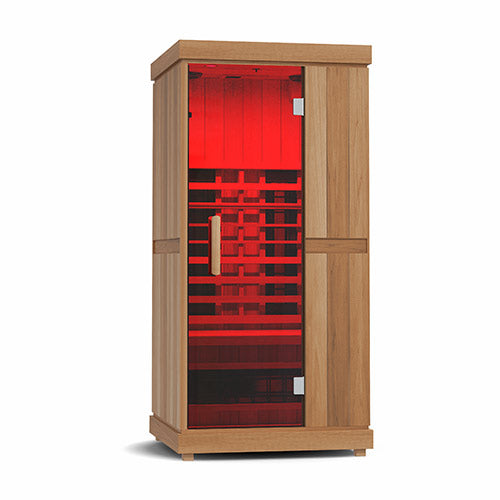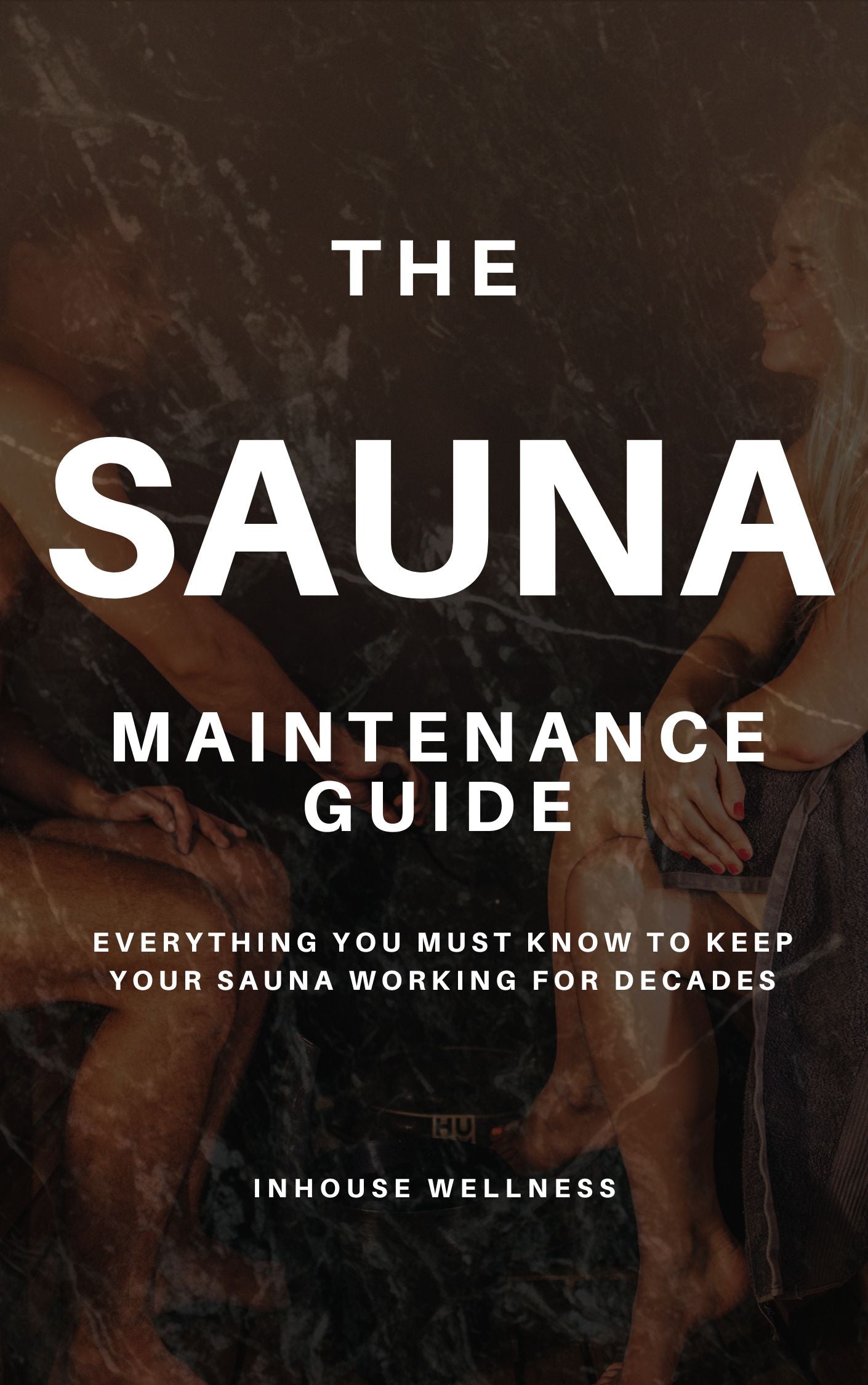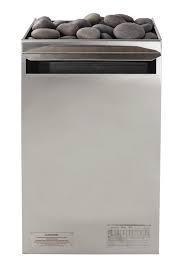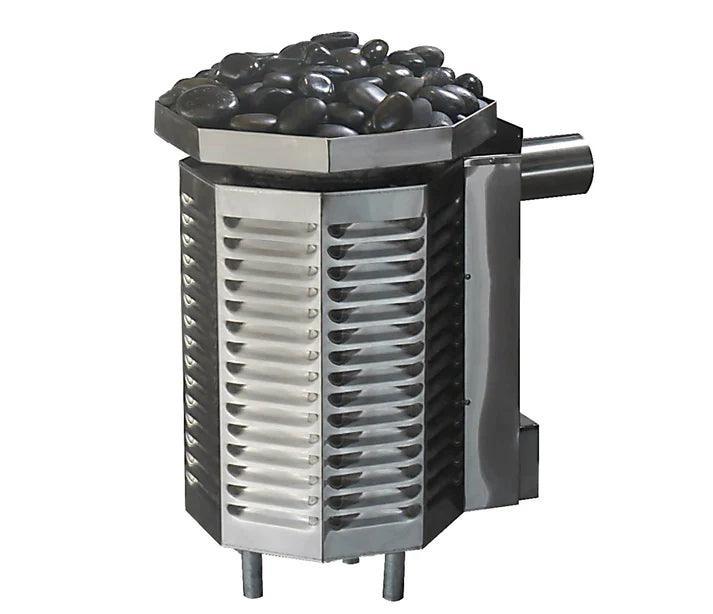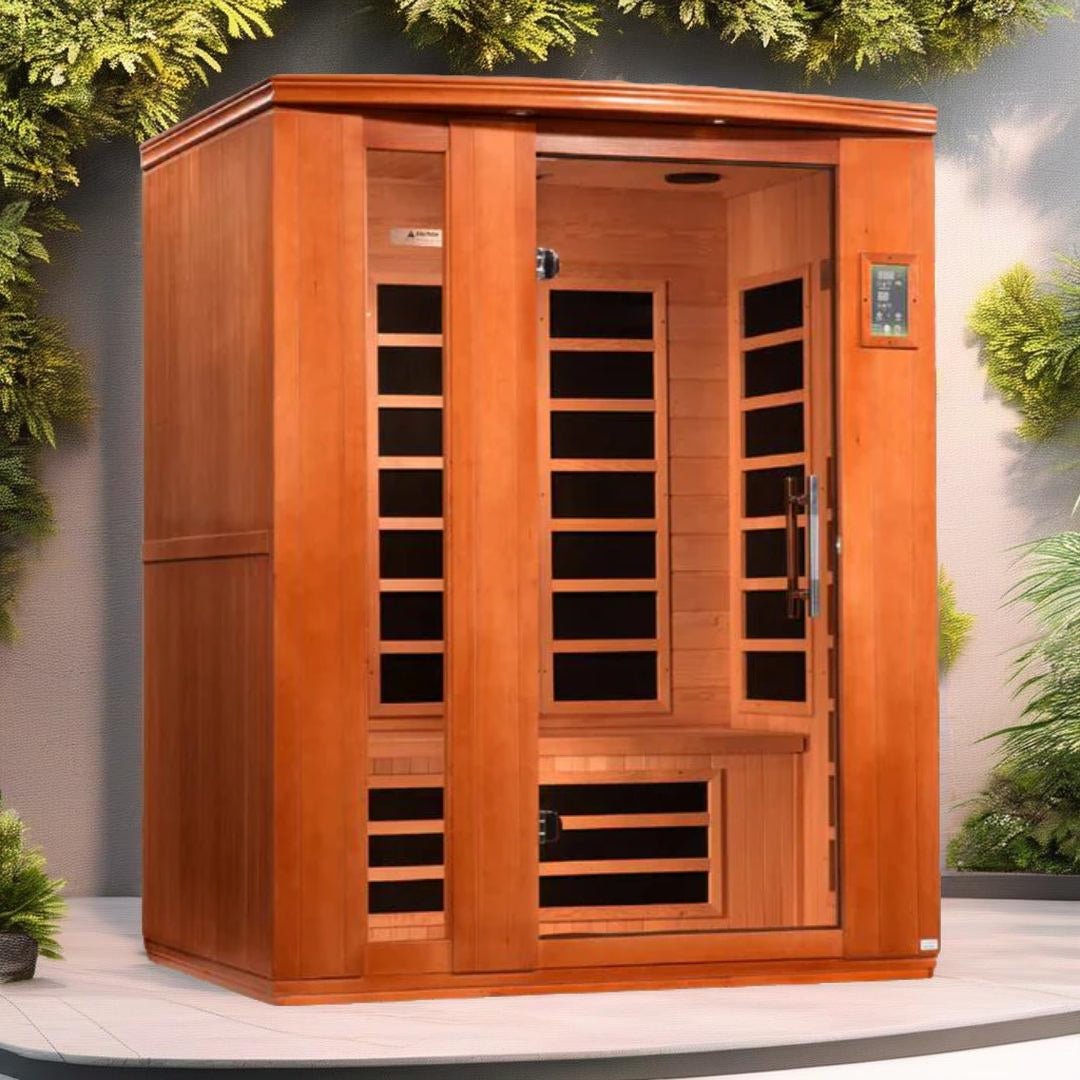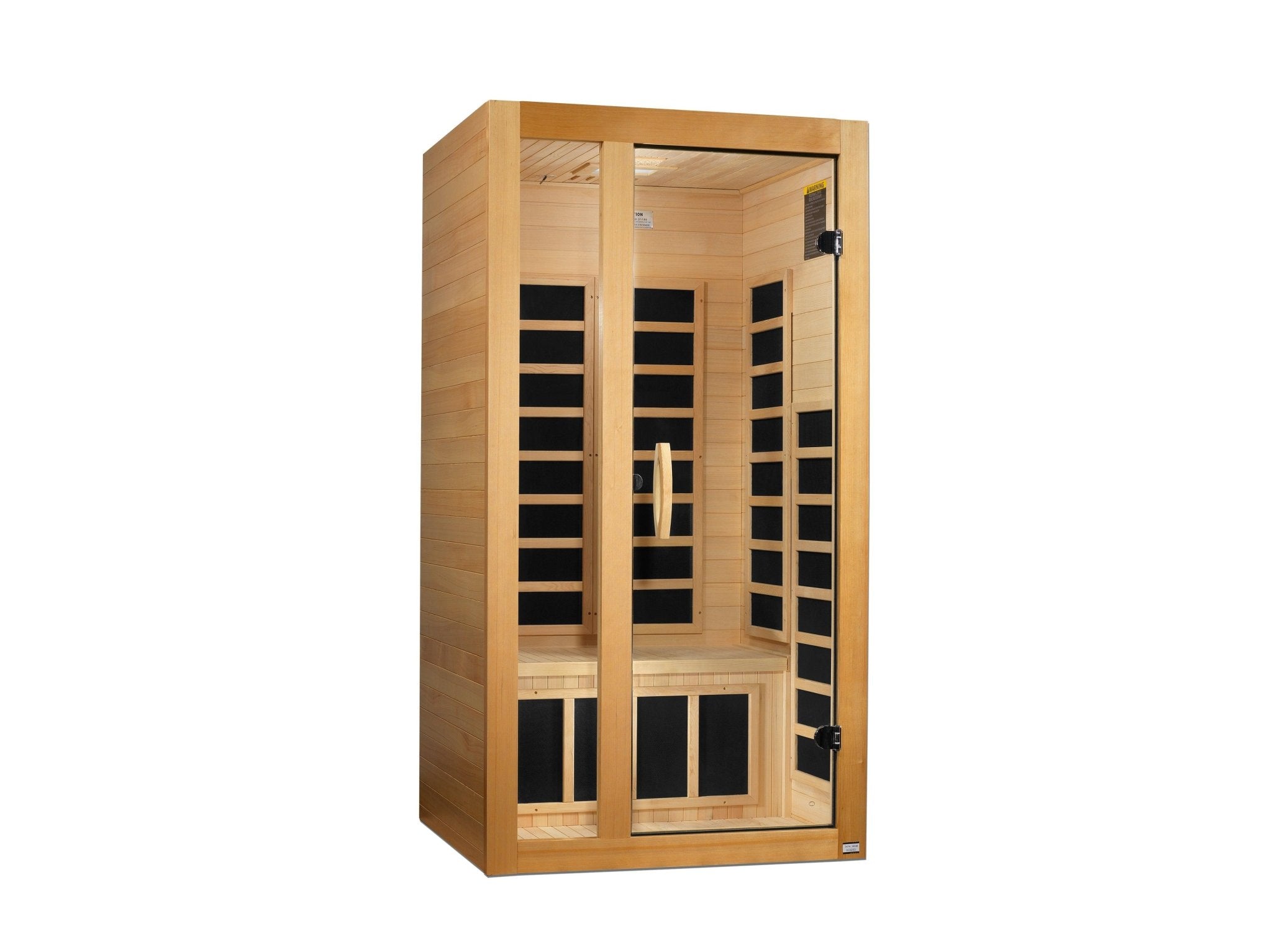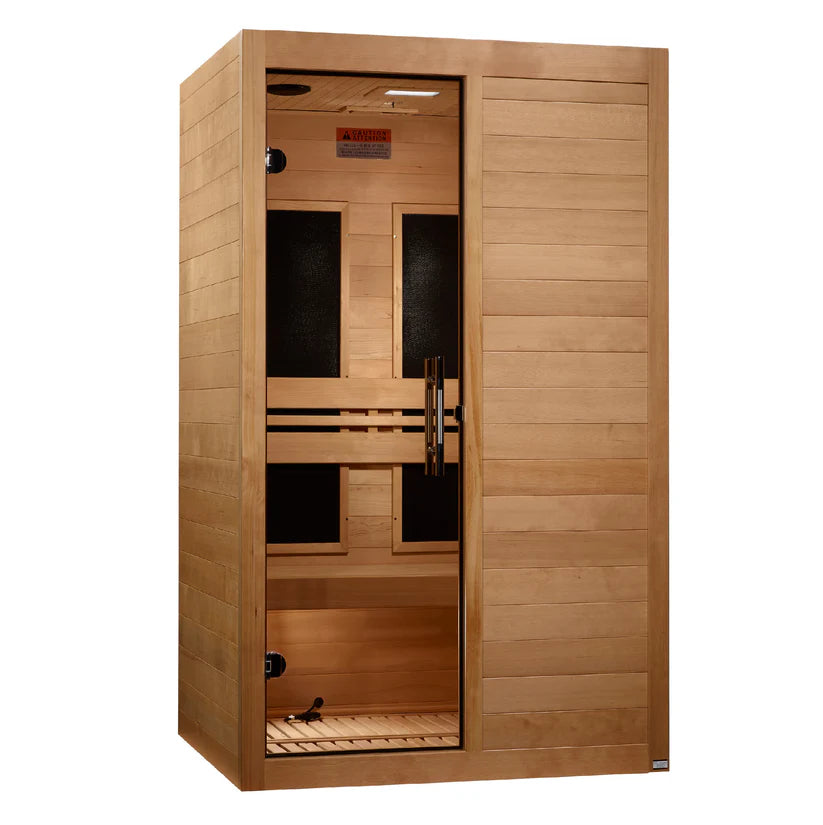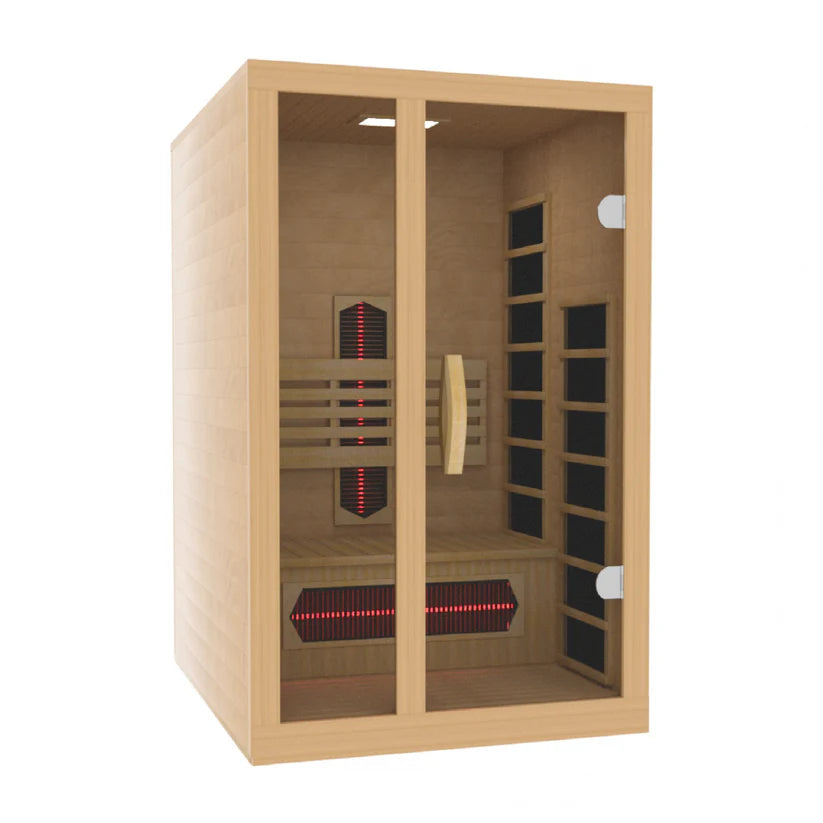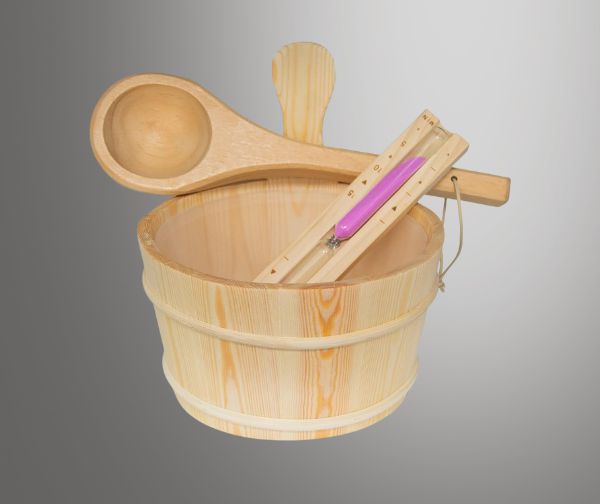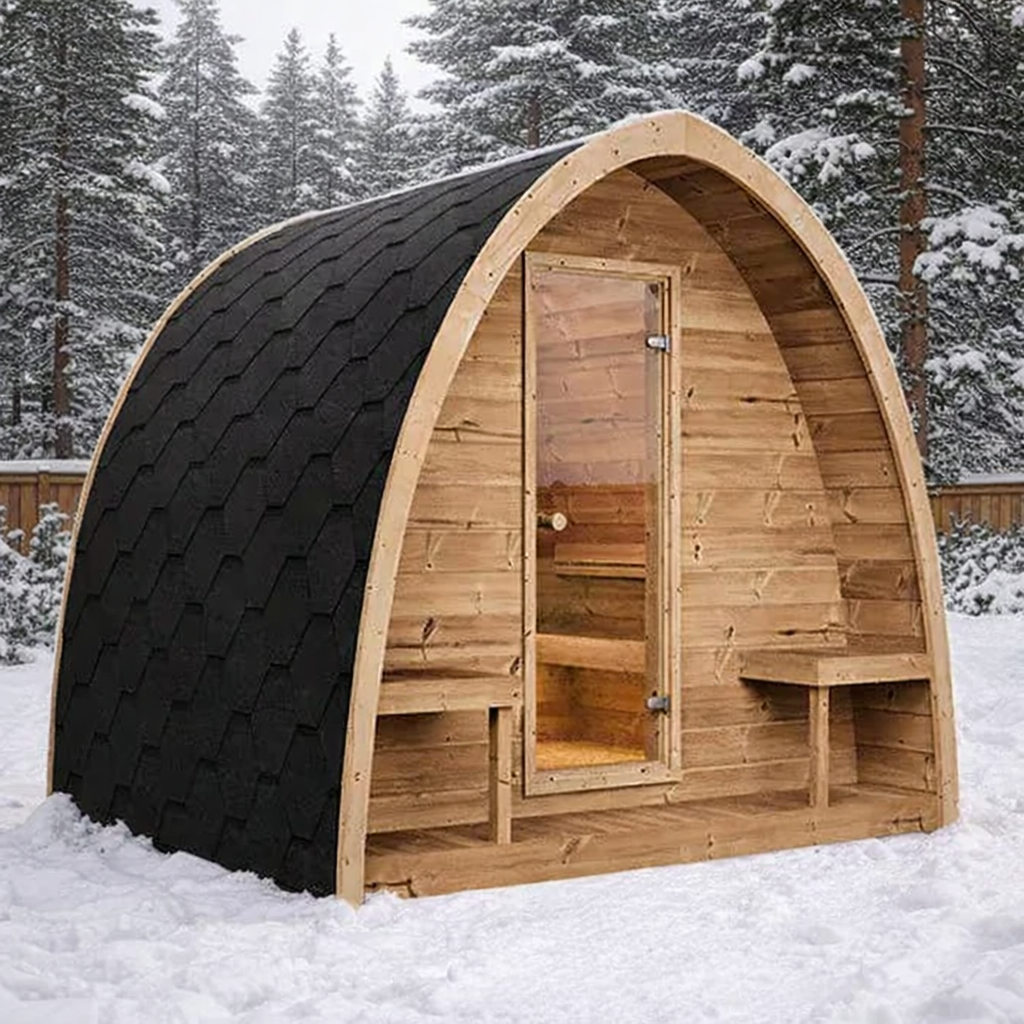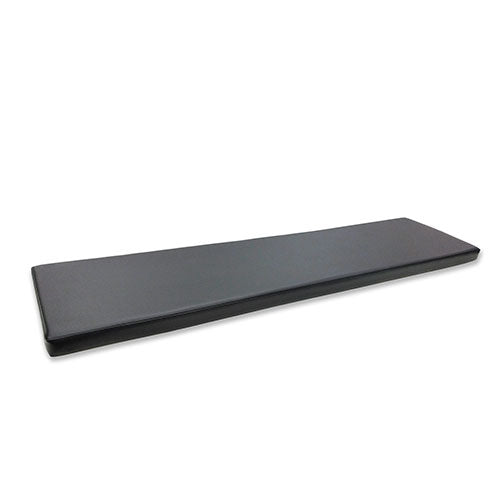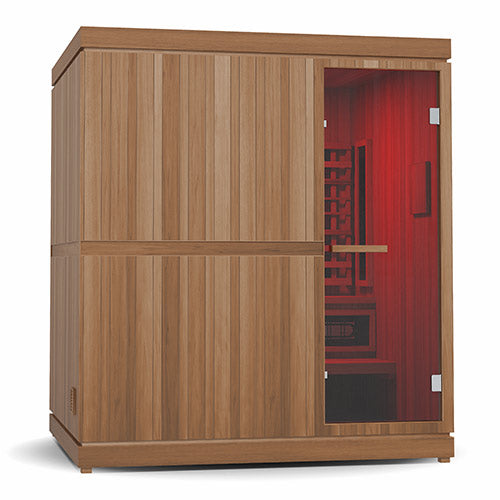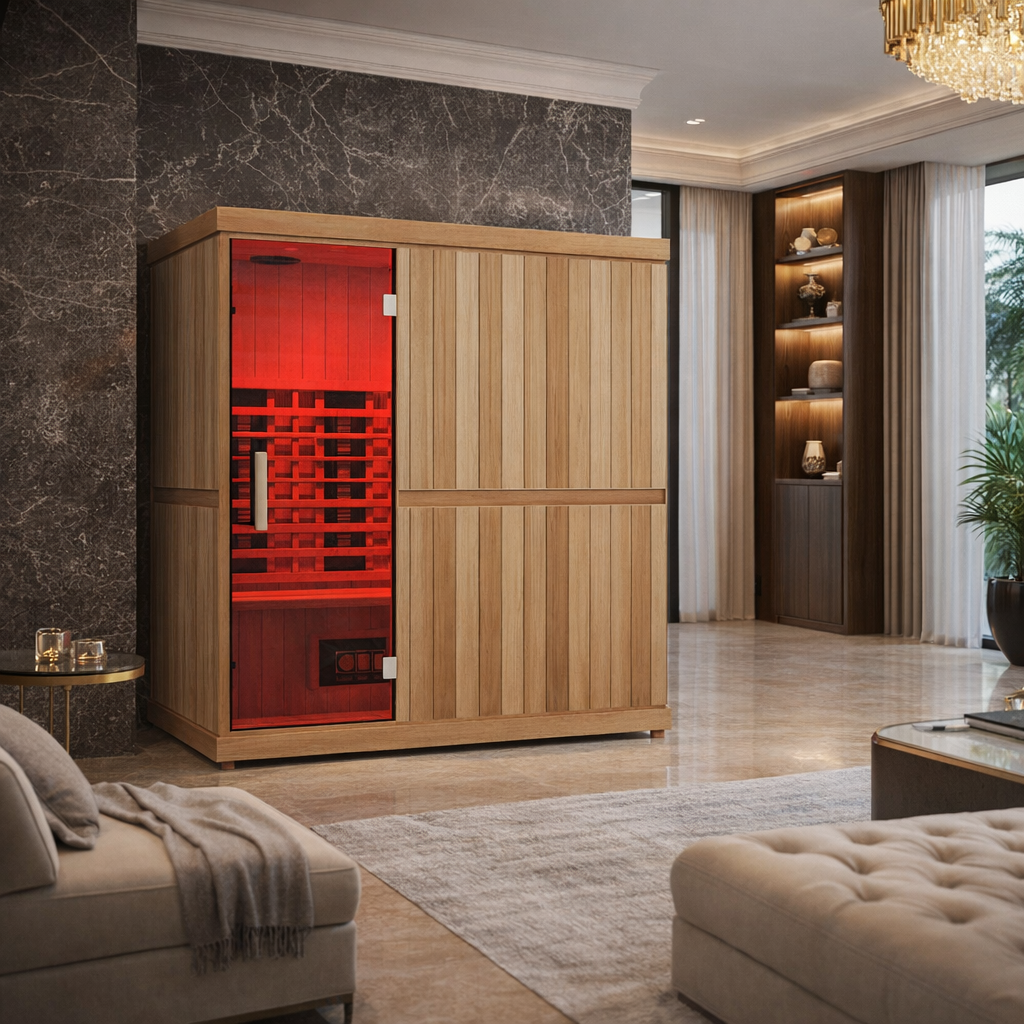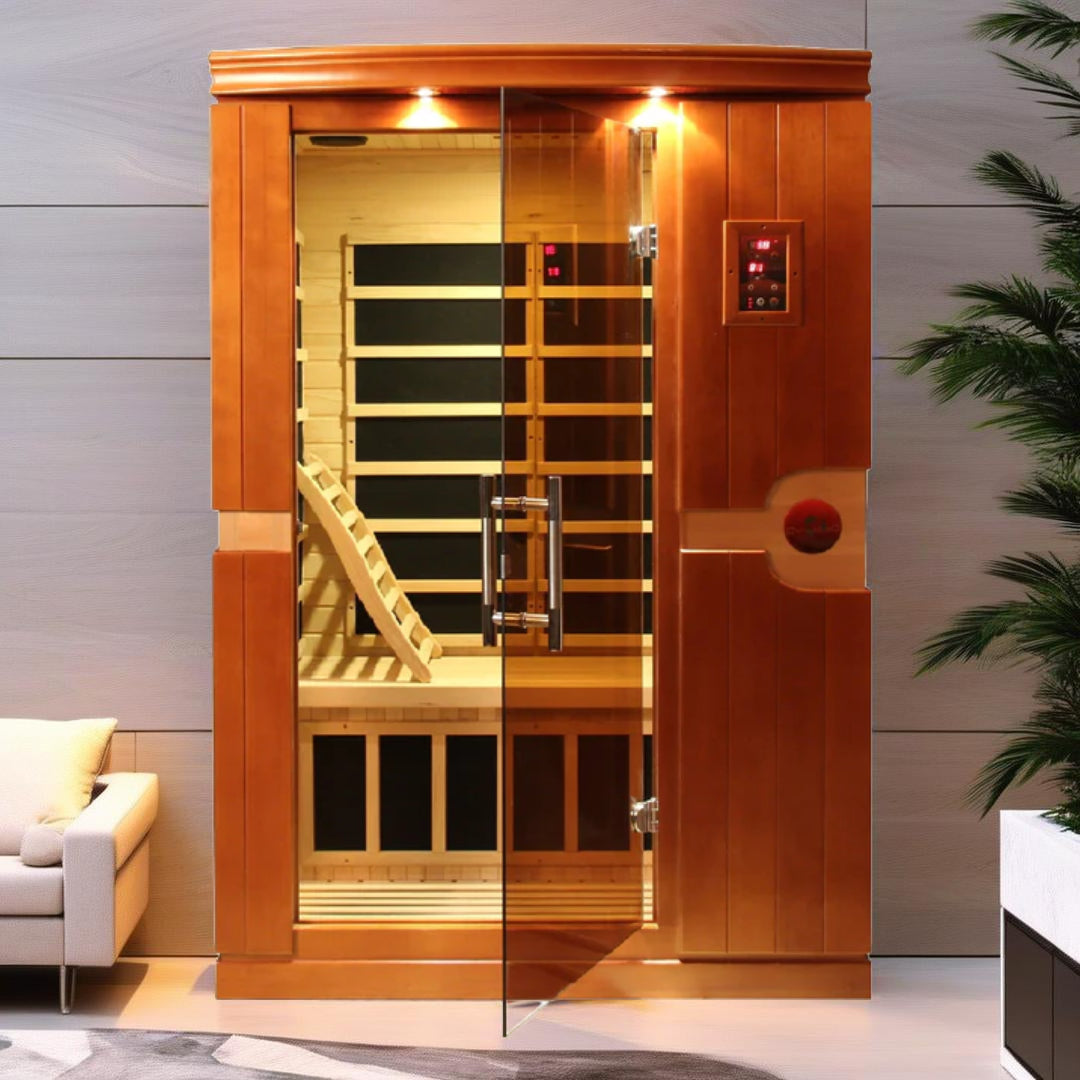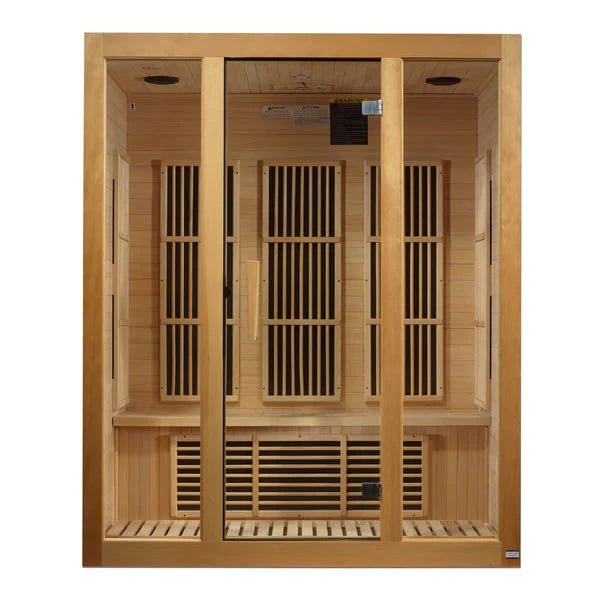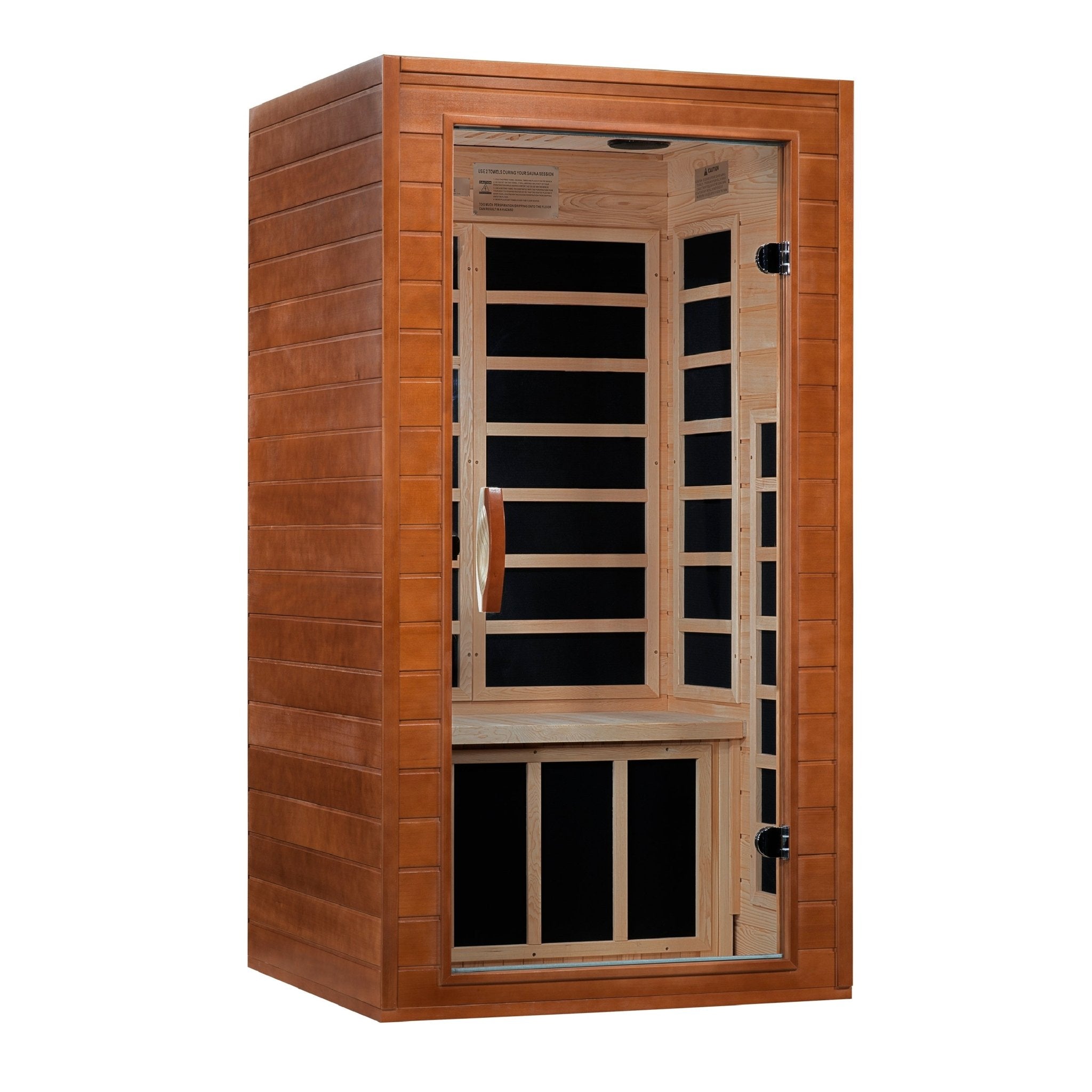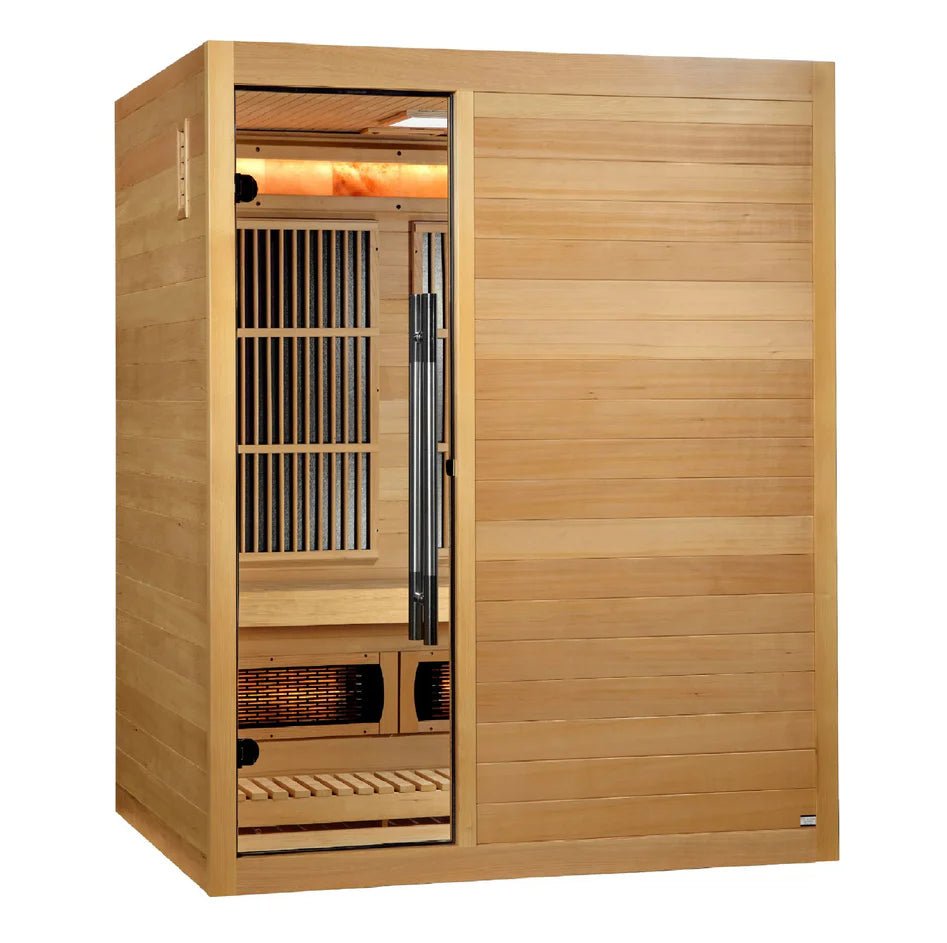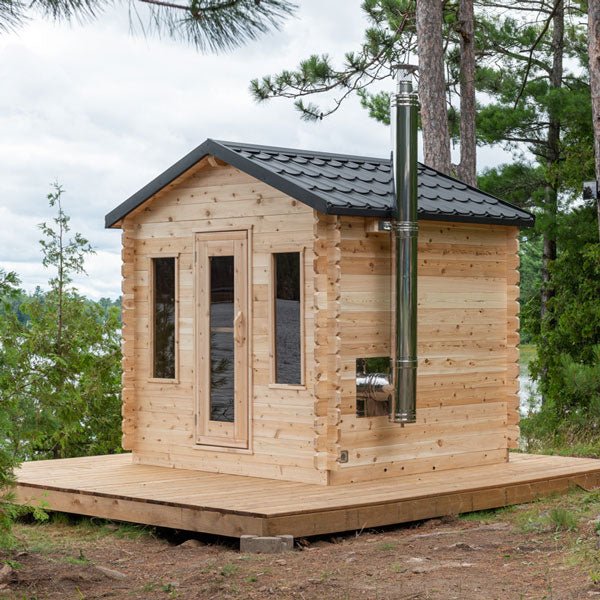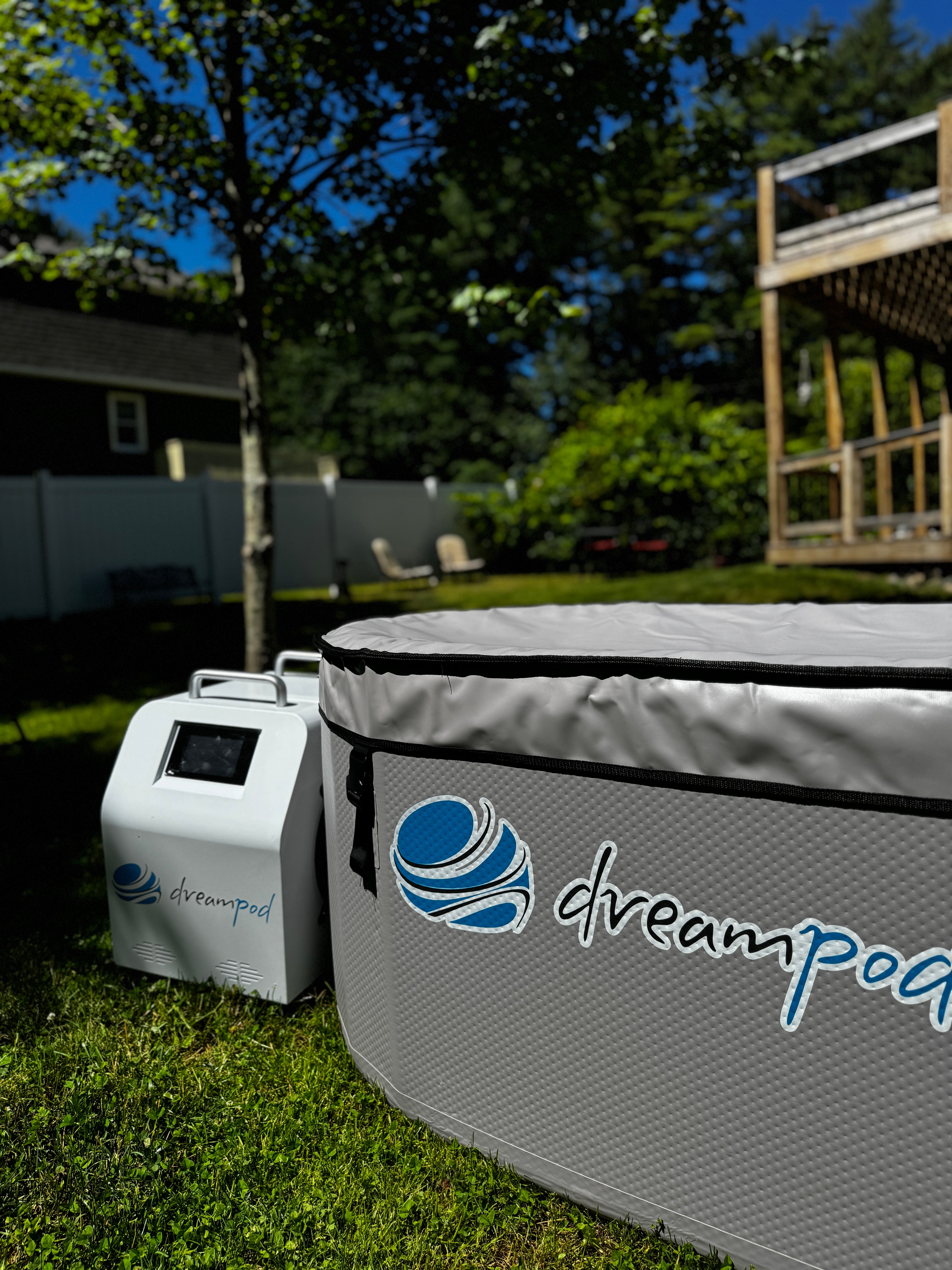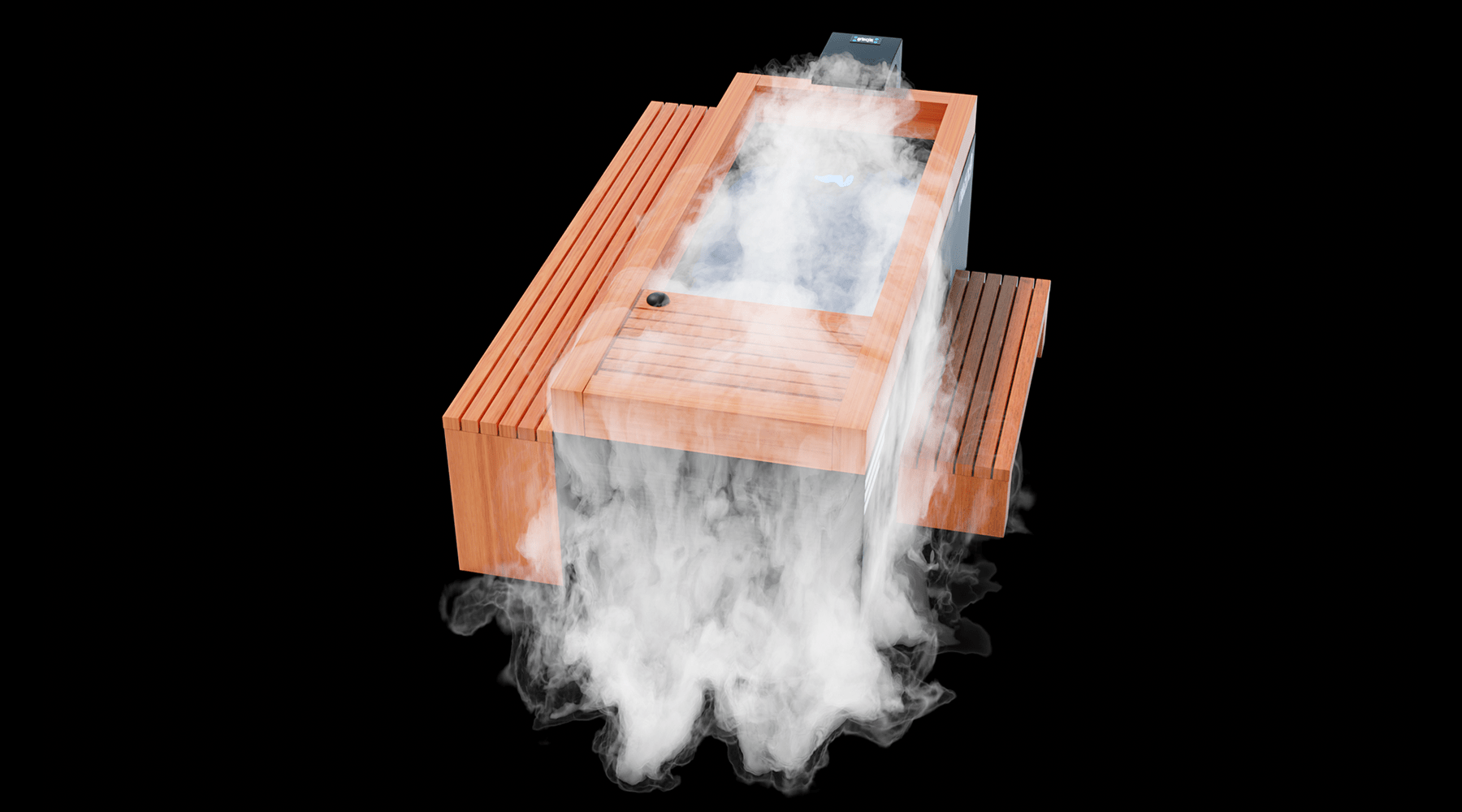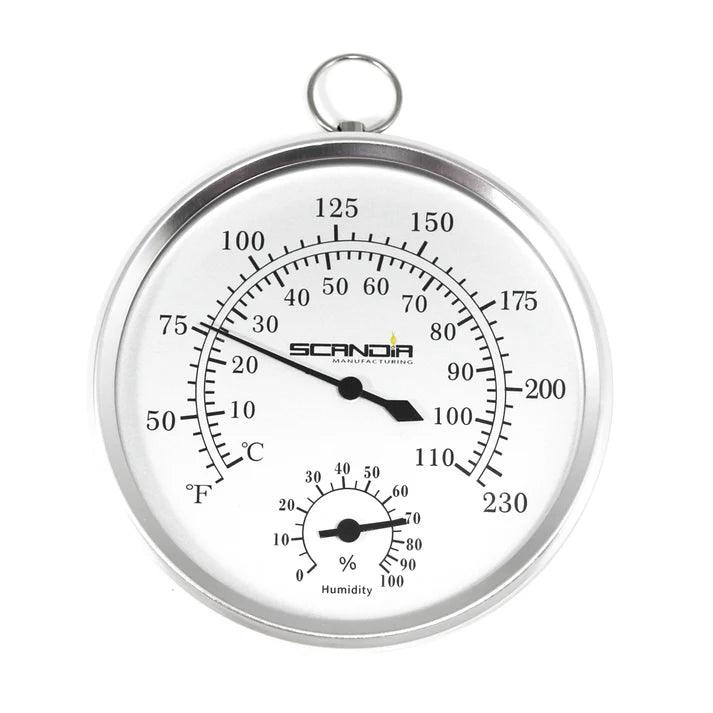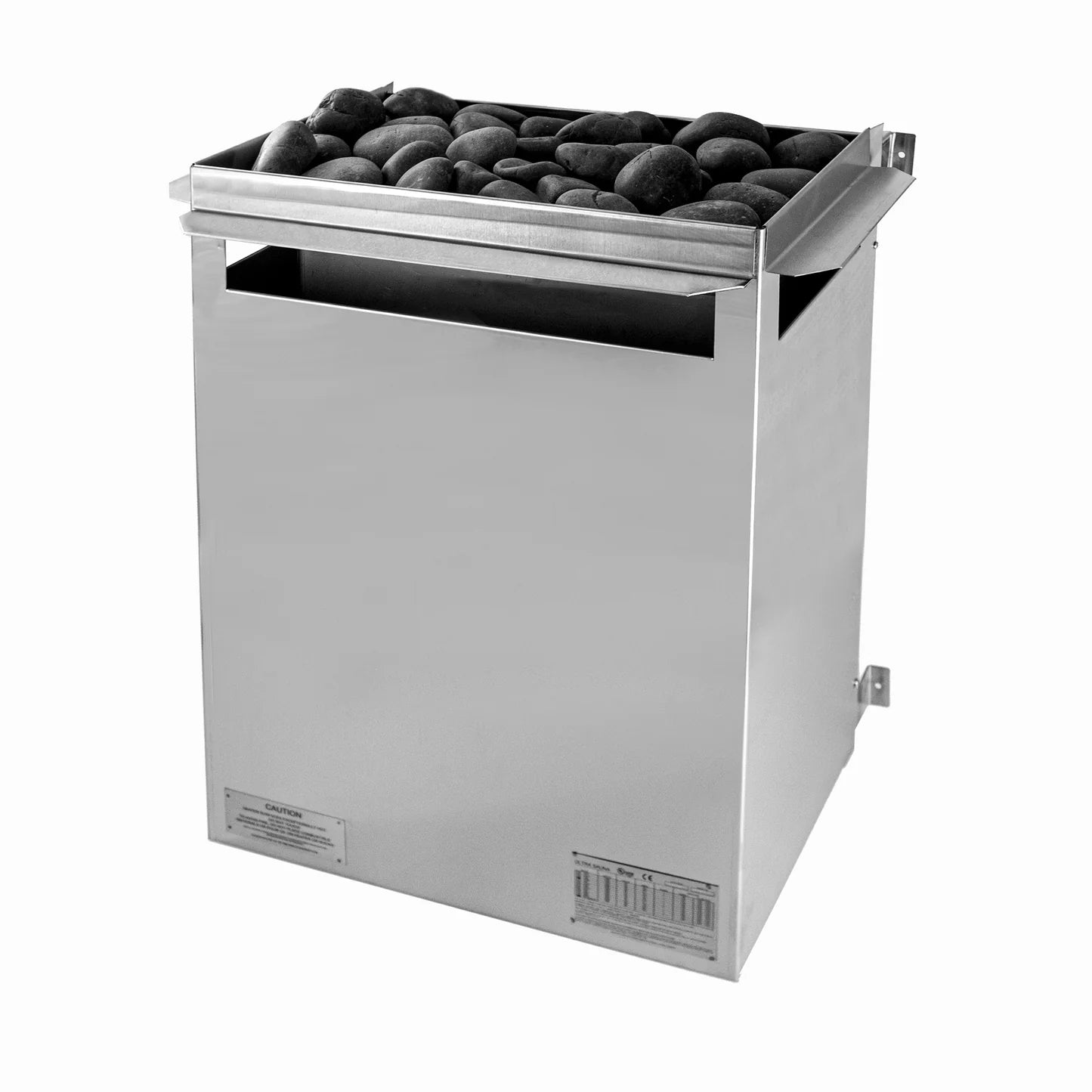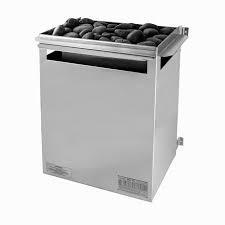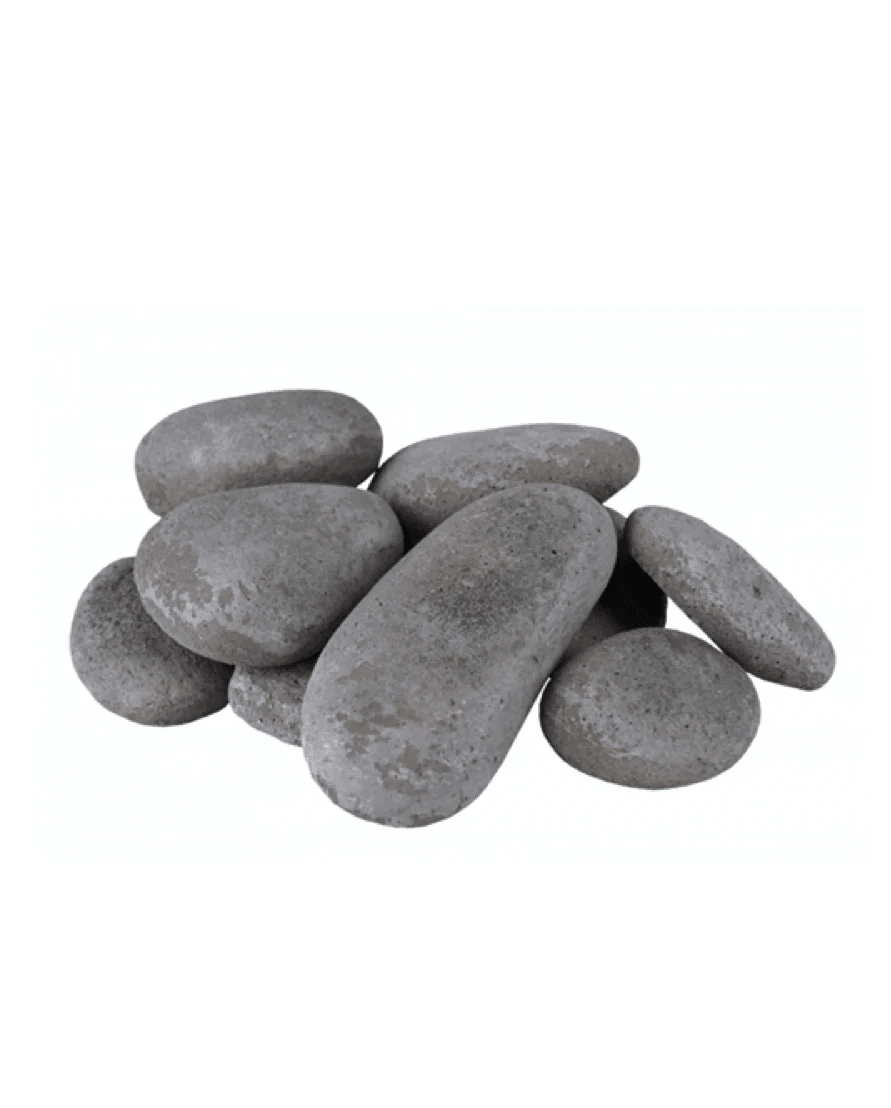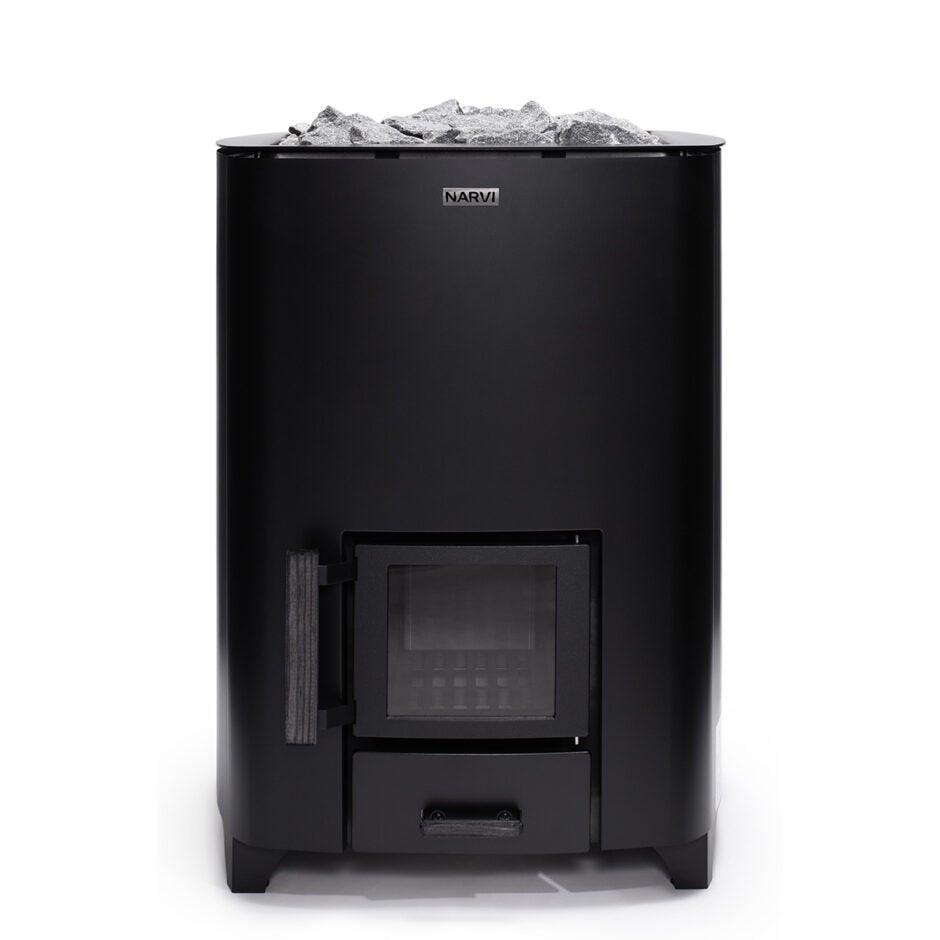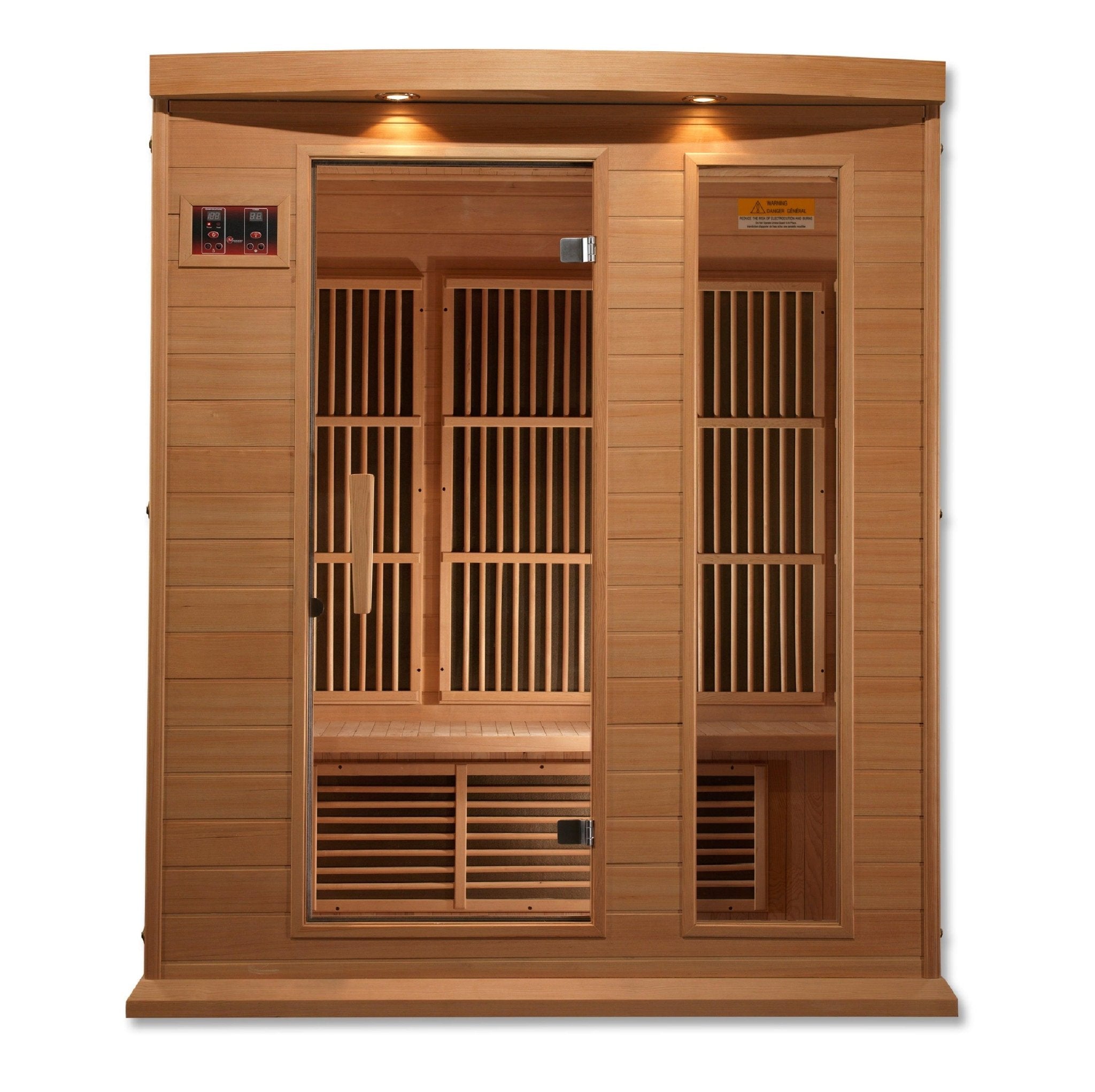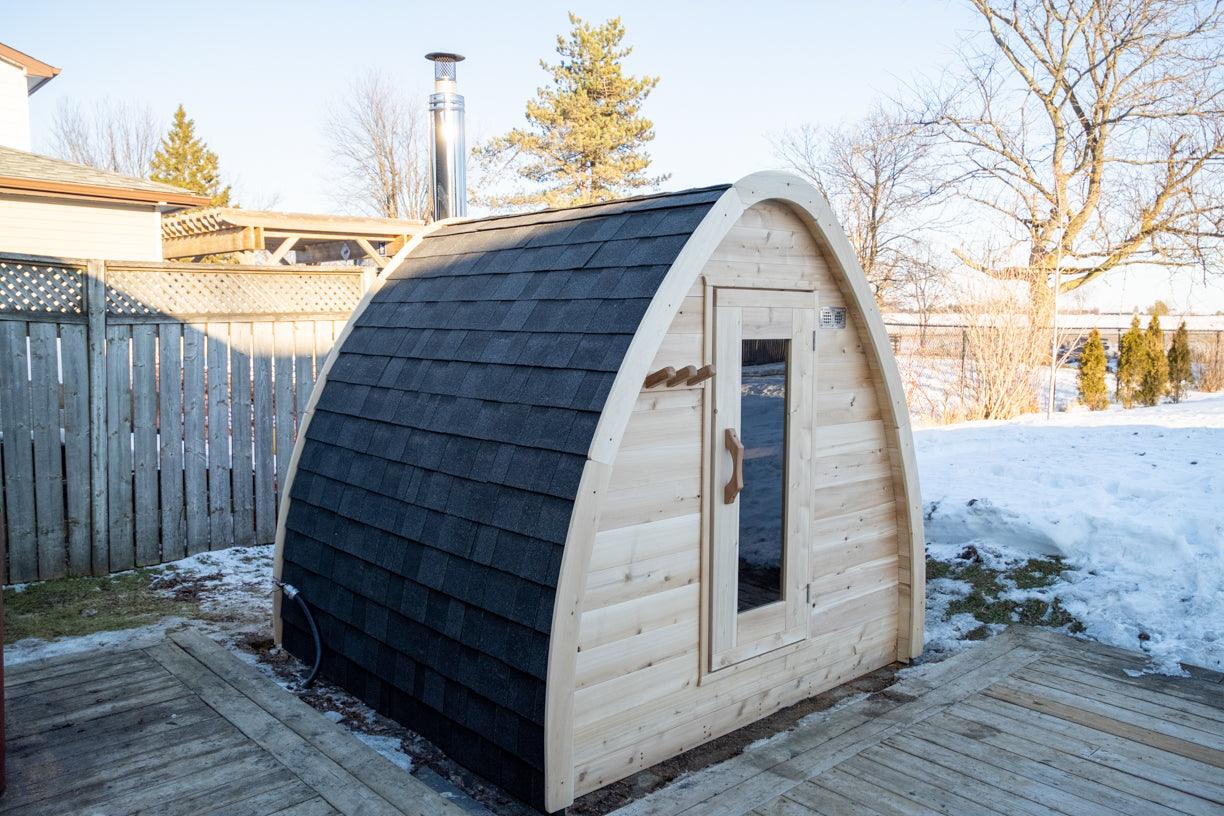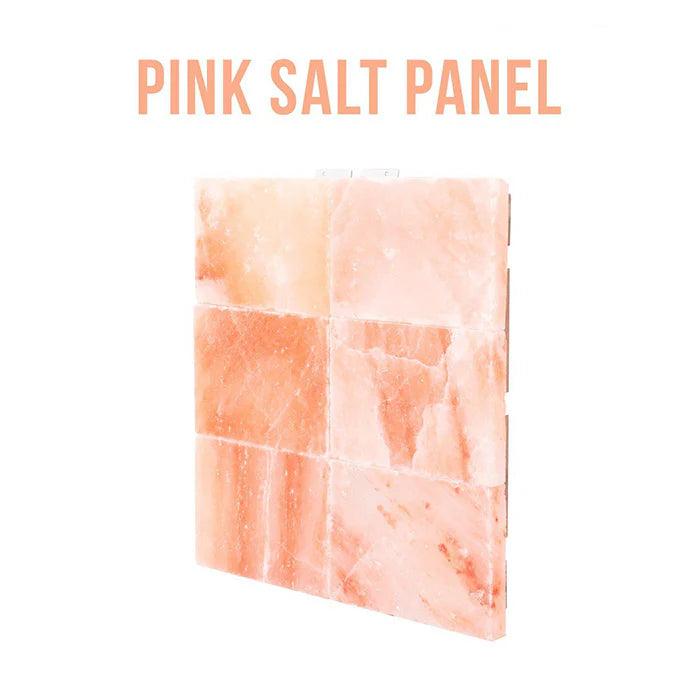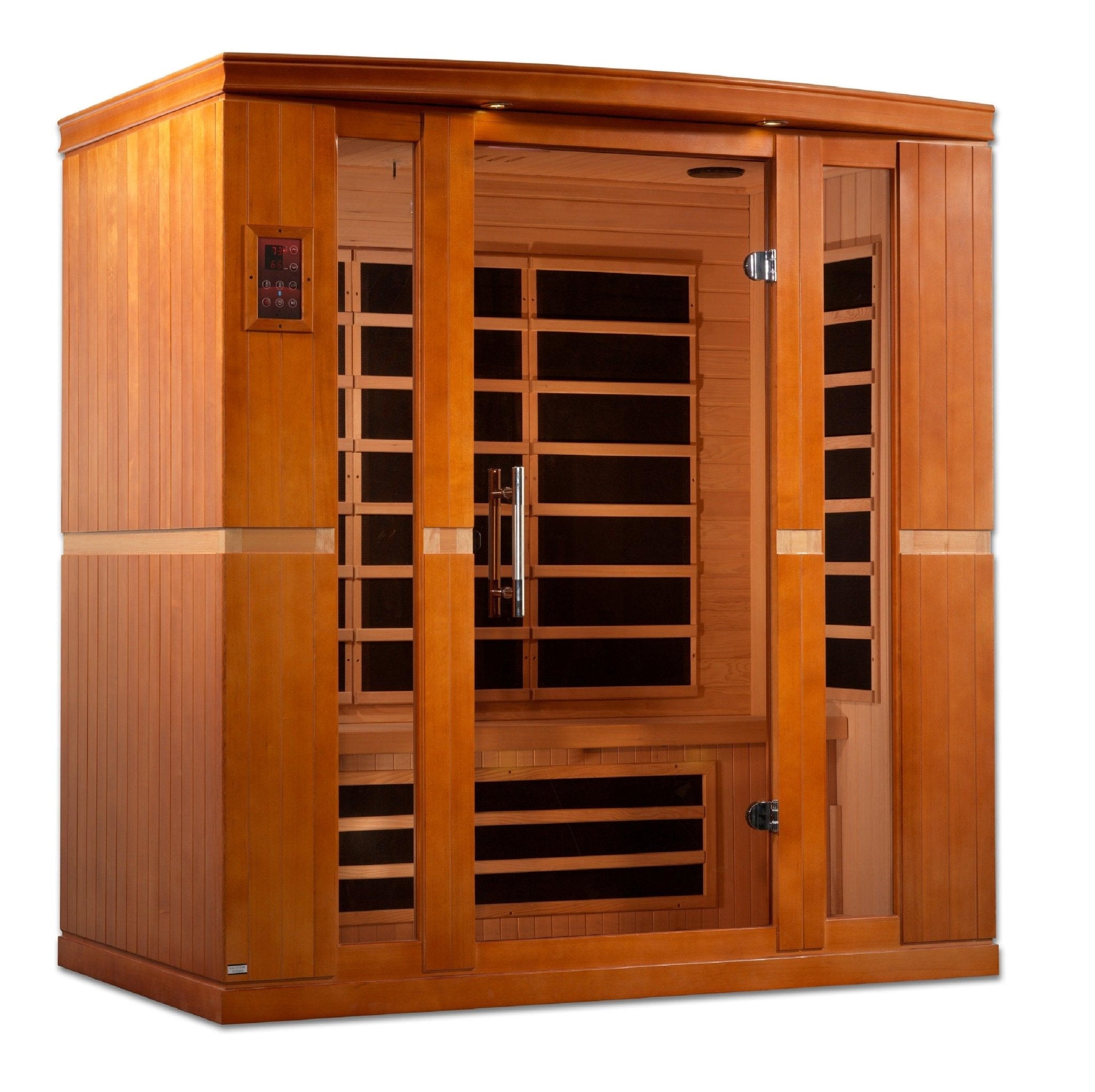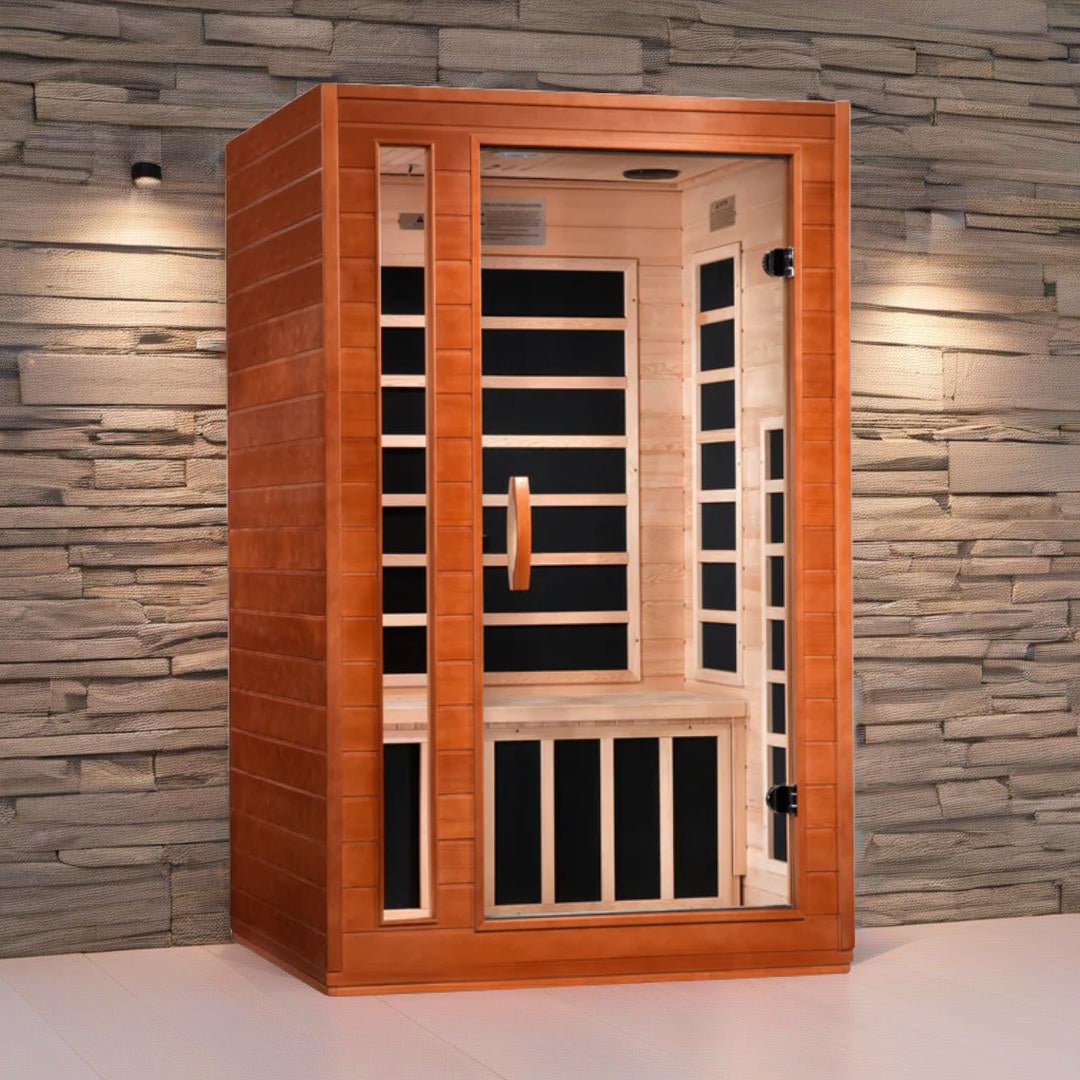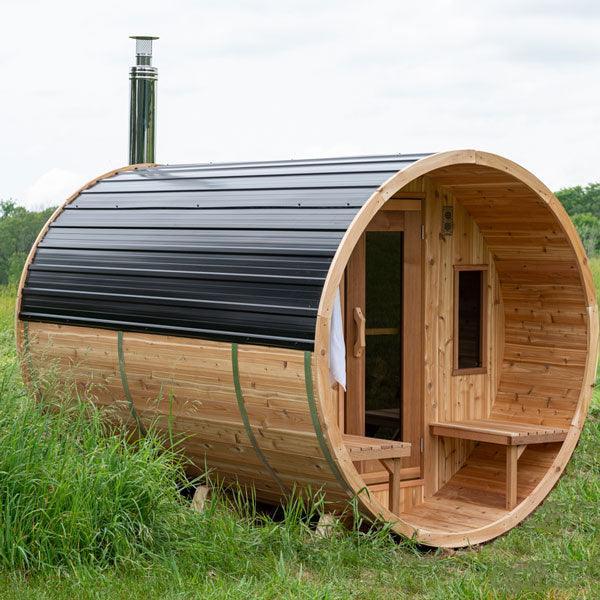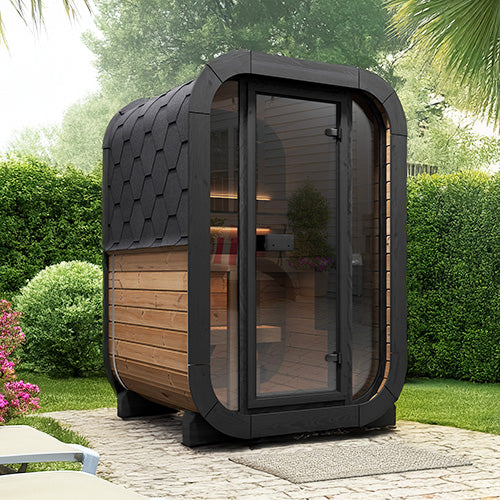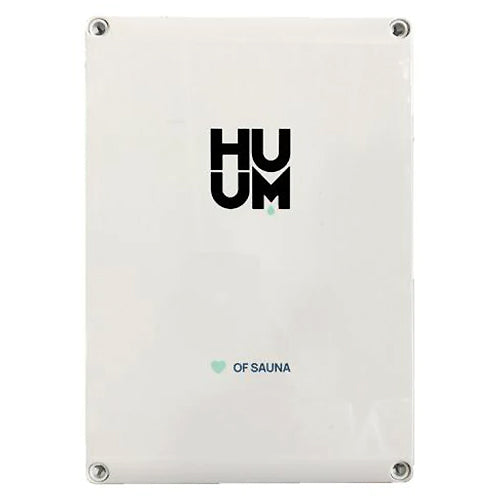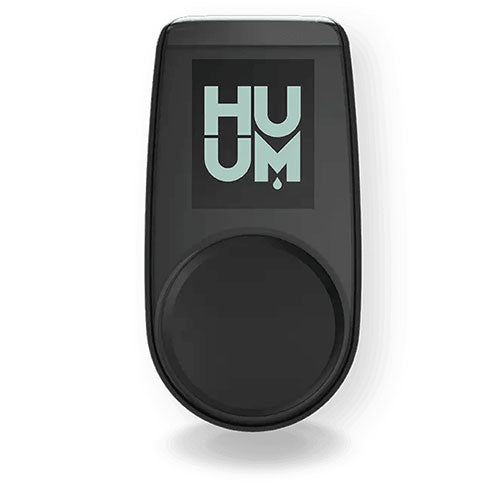
Sauna vs Hot Tub: Which is Better for Stress Relief?
In today’s fast-paced world, finding effective ways to alleviate stress is crucial for both mental and physical well-being. Two popular options for relaxation are saunas and hot tubs, each boasting unique benefits. But how do they compare when it comes to stress relief? This article delves into the advantages of both, backed by research and expert opinions, to help you make an informed choice for your wellness routine.
What Are the Stress Relief Benefits of Saunas?
Saunas, traditionally associated with Finnish culture, have become a staple in wellness practices worldwide. The primary stress-relieving benefits of saunas include:
- Heat Therapy: Saunas utilize dry heat, which can induce sweating and promote relaxation. The high temperatures cause the body to release endorphins, which are natural mood lifters.
- Improved Circulation: The heat in a sauna increases heart rate and promotes blood flow, which can alleviate tension in muscles and contribute to a sense of relaxation.
- Detoxification: Sweating helps eliminate toxins from the body, which can improve overall health and contribute to a feeling of lightness and well-being.
Research supports these claims. A study published in the journal Psychosomatic Medicine found that regular sauna use is associated with reduced levels of stress and anxiety. The calming environment of a sauna also encourages mindfulness, allowing individuals to disconnect from daily stressors.
How Do Hot Tubs Offer Stress Relief?
Hot tubs, or spas, provide a different approach to stress relief. The benefits include:
- Hydrotherapy: The combination of warm water and massaging jets helps relieve muscle tension, reduce pain, and promote relaxation.
- Social Interaction: Hot tubs can be enjoyed with friends or family, promoting social bonding and enhancing emotional well-being.
- Enhanced Sleep Quality: Soaking in a hot tub can raise your core body temperature, and the subsequent cooling off period can signal to your body that it’s time to sleep, enhancing sleep quality.
A review in the journal Clinical Rehabilitation indicated that hydrotherapy can significantly reduce stress and improve overall mood. The buoyancy of water also reduces the strain on joints, making it easier for individuals with physical stress to relax.
Which Is More Effective for Stress Relief?
Determining whether a sauna or hot tub is more effective for stress relief largely depends on individual preferences and needs. Here are some points to consider:
- Personal Preference: Some individuals may prefer the dry heat of a sauna, while others may find the buoyancy and massaging effects of a hot tub more soothing.
- Health Considerations: Those with certain medical conditions (like respiratory issues) might benefit more from sauna use, whereas individuals with joint pain may find hot tubs more accommodating.
- Time Commitment: Saunas often require a shorter time commitment, while soaking in a hot tub can be a more leisurely activity.
Can You Combine Sauna and Hot Tub Use for Maximum Benefits?
Absolutely! Many wellness centers and spas offer both saunas and hot tubs, allowing users to experience the benefits of both. Alternating between the two can enhance relaxation:
- Start with the sauna to promote sweating and detoxification.
- Follow up with a soak in the hot tub to relax muscles and improve circulation.
- Finish with a cool shower to invigorate your senses.
This combination can also extend the benefits of both treatments, as the heat from the sauna can prepare your body for the soothing effects of the hot tub.
What Research Supports Sauna and Hot Tub Use?
Numerous studies validate the health benefits associated with both saunas and hot tubs. According to a study in JAMA Internal Medicine, regular sauna use is linked to a lower risk of cardiovascular diseases, which can lead to reduced stress levels. On the other hand, research published in the journal Physiotherapy Theory and Practice found hydrotherapy to be effective in relieving stress and promoting relaxation.
To further explore these benefits, consider visiting resources such as InHouse Wellness for high-quality saunas and hot tubs tailored to your needs.
How Can You Maximize Your Sauna and Hot Tub Experience?
To get the most out of your sauna and hot tub sessions, consider the following tips:
- Stay Hydrated: Drink plenty of water before and after your sessions to prevent dehydration.
- Limit Session Duration: Aim for 15-20 minutes in the sauna and 30 minutes in the hot tub to avoid overheating.
- Create a Relaxing Atmosphere: Use candles, calming music, or aromatherapy to enhance the experience.
- Practice Mindfulness: Take the time to focus on your breath and clear your mind during your sessions.
FAQs
1. How often should I use a sauna for stress relief?
For optimal benefits, aim to use a sauna 2-3 times per week, gradually increasing the duration as your body adapts.
2. Can using a hot tub too often be harmful?
While hot tub use is generally safe, excessive use can lead to dehydration or overheating. Limit your sessions to a reasonable duration.
3. Are saunas safe for everyone?
Saunas are generally safe but may not be recommended for individuals with certain health conditions. Consult a healthcare provider if unsure.
4. How do saunas and hot tubs help with muscle recovery?
Both saunas and hot tubs improve circulation, which helps deliver oxygen and nutrients to muscles, aiding in recovery.
5. Can I combine sauna and hot tub use with other therapies?
Yes, combining sauna and hot tub use with therapies like massage or floatation therapy can enhance overall relaxation and recovery.
6. What is the ideal temperature for a sauna?
Sauna temperatures typically range from 150°F to 195°F (65°C to 90°C), depending on personal comfort levels.
7. Is there a difference between a hot tub and a jacuzzi?
A jacuzzi is a brand of hot tub known for its jets. All jacuzzis are hot tubs, but not all hot tubs are jacuzzis.
For those looking to enhance their wellness routine, incorporating either a sauna or hot tub can lead to significant stress relief. Explore options at InHouse Wellness to find the perfect fit for your self-care regimen.
In conclusion, whether you choose a sauna or hot tub, prioritizing your relaxation and well-being is essential. With the right approach, you can effectively reduce stress and improve your overall quality of life.
Author Bio: Jane Doe is a wellness expert with over a decade of experience in stress management and holistic health practices. She is passionate about helping individuals achieve a balanced and fulfilling lifestyle.
View More Articles
